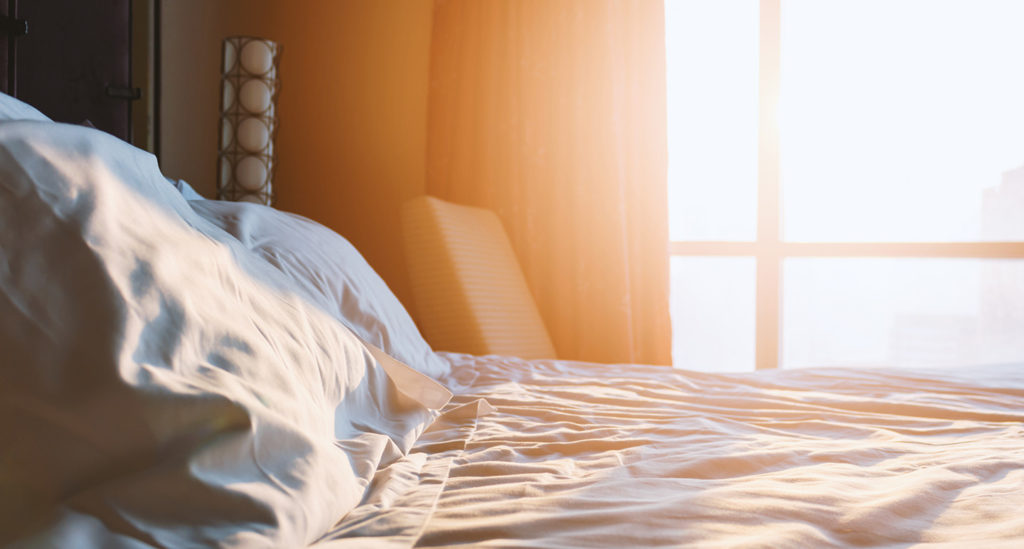
How can you fall asleep faster?
Fall Asleep?
Sleep is a vital part of good health and getting enough quality sleep every night is hugely important for your mind as well as your body. Ensuring you get plenty of sleep helps you care for your immune system, heart, brain and even your weight, not to mention productivity the next day.
Most adults need between seven and nine hours of sleep each night, which can be hard to get with modern life being so fast-paced. Even getting one hour’s less sleep can really affect how you feel and function the next day. You may find that your mood is more volatile, it’s harder to concentrate and you don’t manage to deal with problems throughout the day as well as usual.
This is why it pays to get off to sleep as quickly as possible, ensuring your body and mind get all the sleep they need to function correctly. However, falling asleep isn’t always as easy as we might hope it will be.
Whether you can’t shut your brain off or you simply don’t feel tired when it comes to going to bed, there are many things that can affect our ability to get to sleep. Taking time to do a few specific things before bed and throughout the day, however, can help you fall asleep quicker and so get more hours of rest each night.
Switch to candlelight
Rather than turning on all your electric lights before bed, light some candles in the hour before you usually get to sleep. Candles offer a warm and soft glow that has actually been shown to lower blood pressure and help you relax.
Lighting candles will instantly promote relaxation so you’ll be better able to drift off once your head hits the pillow.
Limit screen time
It can be tempting to watch TV, use a laptop or browse social media before bed, if not when you’re in bed. However, the blue light waves that come from the screen actually stop your body from producing as much melatonin – the sleep hormone – as you need in order to fall asleep.
This is why you should skip out on screen time in the hour or so before bed and definitely avoid reaching for your phone once you get into bed. Instead, try reading a book, which will engage your brain to tire it out and won’t subject you to blue light waves.
Breathe deeply
Meditation is a great way to help your mind relax and prepare it for sleep. This doesn’t mean you need to do yoga before bed – although you can if you want to – as simply breathing deeply and for extended breaths can create a similar result.
As well as the actual act of breathing, you need to focus on your breaths and clear your mind of everything else. This will allow your body to relax but also clear your mind of any stress or problems that could stop you from falling asleep quickly.
Turn your clock around
Watching the clock when you’re trying to fall asleep is incredibly counterproductive and can actually make it harder to drift off as you become worried about how long it is until you need to get up. Simply turning your clock around can remove the temptation to keep checking the time and allows you to focus on relaxing. Just be sure your alarm is set first.
Take a bath or shower
Enjoying a hot bath or shower before bed will help your muscles to relax as well as your brain to switch off. The change in temperature once you get out of the water also helps to slow your metabolism down, which tells your body it’s time to rest.
For the best results, include your shower or bath in your bedtime routine every evening as it will become easier to trigger your body into sleep mode.
Enjoy a relaxing scent
Certain scents help us to relax and using one of these in your bedroom, as well as the room where you’re spending the evening, can help you to unwind. The fragrance that works best for you may be different from typically relaxing scents like lavender, so it is a good idea to try a few and see how you get on. If you combine fragrance with candles, you’ll be killing two birds with one stone.
Keep your room cool
You might think that a warm room is the best option when it comes to falling asleep, but actually, lowering the temperature is the best way to signal to your body that it’s time to rest. Dark and cool is the best environment for falling asleep quickly and getting a night of uninterrupted rest, with warmer temperatures often making you wake up.



